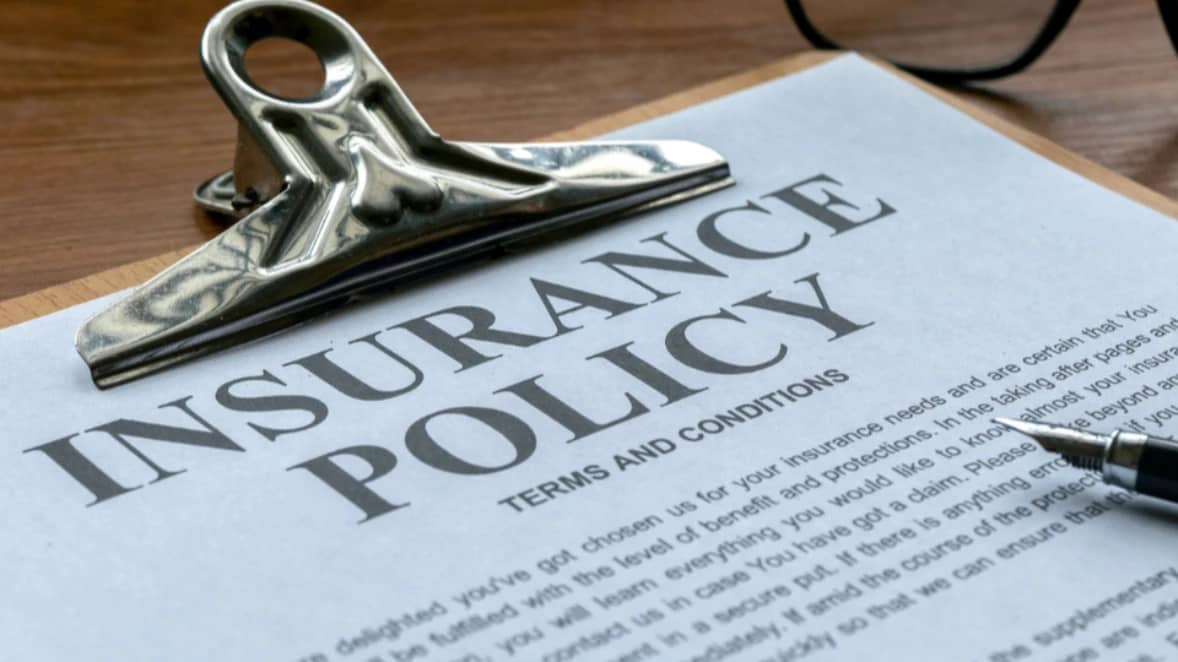
Different Types of Insurance Policies to Protect Your Business & Assets
Insurance plays a crucial role in modern life, offering protection from unexpected financial burdens. Whether you’re a business owner, contractor, or property manager, understanding the various types of insurance policies can help you mitigate risks and operate with confidence.
What is Insurance and Why is it Important?
Insurance is a financial agreement that protects against the risk of financial loss. In exchange for regular premium payments, the insurer promises to cover certain types of damages or losses.
Key Reasons Insurance Matters:
- Risk Management: Helps avoid catastrophic financial setbacks.
- Legal Compliance: Some policies are required by law.
- Peace of Mind: Reduces stress by knowing risks are covered.
General Liability Insurance
General liability insurance is one of the most common and essential types of coverage for businesses.
What It Covers
- Bodily injury claims (e.g., a customer slips and falls)
- Property damage caused to a third party
- Legal defense costs
- Advertising injury (e.g., copyright infringement)
Who Needs It?
- Retail stores
- Contractors
- Service providers
- Any business that interacts with the public
Limitations
- Doesn’t cover employee injuries
- Excludes professional errors (covered by professional liability)
- Does not cover auto accidents
Professional Liability Insurance (Errors & Omissions)
Often known as E&O Insurance, this policy is tailored for professionals who provide services or advice.
What It Covers
- Negligence or failure to deliver services as promised
- Misrepresentation or errors
- Legal defense for malpractice or breach of contract claims
Who Needs It?
- Doctors, lawyers, architects
- Consultants and marketing professionals
- IT service providers
- Accountants and real estate agents
Example Scenario
If a marketing consultant gives poor advice that leads to revenue loss for a client, E&O insurance covers legal costs and settlements.
Property Insurance
Property insurance protects physical assets from various risks like fire, theft, and natural disasters.
What It Covers
- Buildings and structures
- Equipment and tools
- Inventory
- Furniture and fixtures
Types of Property Insurance
- Named Perils: Covers specific risks (e.g., fire, theft).
- All-Risk: Covers all risks except those explicitly excluded.
Who Needs It?
- Businesses with physical offices, warehouses, or inventory
- Landlords and property managers
- Manufacturers and retail stores
Common Exclusions
- Flood and earthquake (usually require separate policies)
- War or nuclear hazards
Workers’ Compensation Insurance
This policy protects businesses and employees when work-related injuries or illnesses occur.
What It Covers
- Medical expenses
- Lost wages
- Rehabilitation services
- Death benefits for dependents
Who Needs It?
- Employers with one or more employees (requirements vary by state/country)
- High-risk industries like construction or manufacturing
Benefits for Employers
- Legal protection from employee lawsuits
- Improved employee morale
- Compliance with legal requirements
Comparing the Four Insurance Types
| Insurance Type | Main Coverage | Target Audience | Legal Requirement |
| General Liability | Injury/property damage to third parties | Most businesses | Sometimes |
| Professional Liability | Errors in services or advice | Consultants, professionals | Varies |
| Property Insurance | Physical asset protection | Property owners, retailers | Optional |
| Workers’ Compensation | Employee injury coverage | All businesses with staff | Often mandatory |
How to Choose the Right Policy
Assess Business Needs
Evaluate your operations, employee count, and physical assets to determine necessary coverage.
Check Legal Requirements
Ensure compliance with local regulations (e.g., workers’ comp mandates).
Compare Quotes
Get quotes from multiple providers and compare policy limits, exclusions, and deductibles.
Bundle Policies
Consider Business Owner’s Policy (BOP) which combines general liability and property insurance at a lower cost.
Optional Add-Ons and Specialized Insurance
- Cyber Liability: Protects against data breaches and cyberattacks.
- Commercial Auto: For vehicles used in business operations.
- Umbrella Insurance: Extends coverage limits beyond standard policies.
Common Mistakes to Avoid
- Underinsuring assets
- Ignoring exclusions and limitations
- Not reviewing policy annually
- Assuming personal insurance covers business activities
Final Thoughts
Understanding different types of insurance policies helps individuals and businesses make informed decisions. From general liability that covers customer incidents, to workers’ compensation protecting employees, each type serves a specific purpose.
Investing in the right insurance coverage means investing in your long-term stability and peace of mind. Always consult with an insurance advisor to tailor policies to your exact needs.
FAQs
What’s the difference between general and professional liability insurance?
General liability covers physical damages or injuries, while professional liability covers mistakes in service or advice.
Is property insurance required by law?
Not usually, but lenders may require it for financed properties.
How are premiums determined?
Based on risk factors like location, industry, claims history, and coverage limits.


